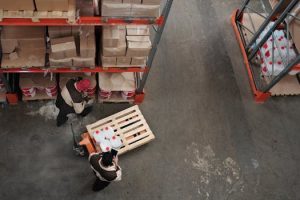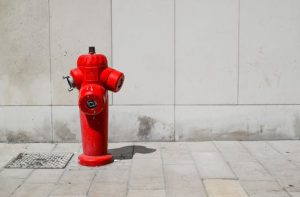The Rise of Pop-Up Shops and Temporary Retail Experiences
In the digital age where online shopping and e-commerce seem to be taking over, it may come as a surprise that the retail industry has seen a resurgence in brick and mortar stores. But these are not your traditional stores that we are used to seeing. Instead, we are seeing a rise in pop-up shops and temporary retail experiences. These temporary retail concepts have gained popularity in recent years, particularly in the fashion and beauty industries. In this article, we will explore the rise of pop-up shops and temporary retail experiences, and how they are changing the retail landscape.
The Popularity of Pop-Up Shops
Pop-up shops are temporary retail spaces that are open for a short period, usually ranging from a few days to a few months. They can be set up in various locations, such as vacant storefronts, outdoor spaces, or even inside existing stores. These stores offer a unique shopping experience for consumers, different from their usual shopping routine. The scarcity and time-limited aspect of these shops also add to the sense of urgency and exclusivity, making them more attractive to shoppers.
One of the main reasons for the popularity of pop-up shops is their ability to create buzz and generate interest. These shops often have a theme or a collaboration with a popular brand, influencer, or designer, making them a must-visit for fans and followers. The limited time frame and exclusivity also encourage shoppers to make purchases, making them a great marketing tool for brands looking to increase their sales and brand awareness.
The Impact on the Retail Industry
The rise of pop-up shops has had a significant impact on the retail industry. They have challenged the traditional retail model by offering consumers a new way to shop. These temporary shops allow brands to showcase their products in a more interactive and experiential manner, rather than just selling them. This has shifted the focus from just buying products to creating a memorable shopping experience for consumers.
Pop-up shops also allow brands to experiment and test the market without committing to a long-term lease or a full-fledged store. This is particularly beneficial for new or emerging brands looking to enter the market, as it minimizes the risk and cost associated with opening a store. It also allows established brands to reach new markets, collaborate with other brands, or launch new products without having to invest in a permanent store.
The Appeal of Temporary Retail Experiences
In addition to pop-up shops, we are also seeing a rise in other temporary retail experiences, such as pop-up exhibits, interactive installations, and limited-time events. These experiences go beyond just selling products and focus on creating a memorable and Instagram-worthy experience for consumers. Brands are increasingly using these temporary experiences to connect with their target audience and build brand loyalty.
The Future of Retail
The rise of pop-up shops and temporary retail experiences is a testament to the ever-changing nature of the retail industry. Consumers are looking for something more than just buying products; they want an experience. These temporary concepts allow brands to provide that experience while also staying relevant and creating a buzz.
As technology continues to advance and the retail landscape evolves, we can expect to see more innovative and creative ways for brands to reach consumers. The rise of pop-up shops and temporary retail experiences is just the beginning of a new era in retail, where experiences are just as important as products.
In Conclusion
The popularity of pop-up shops and temporary retail experiences is not just a passing trend; it is a significant shift in the retail industry. These concepts provide an opportunity for brands to engage with consumers, test new markets, and create memorable experiences. As consumers continue to seek out unique and immersive shopping experiences, pop-up shops and other temporary retail concepts will continue to play a significant role in shaping the future of retail.









